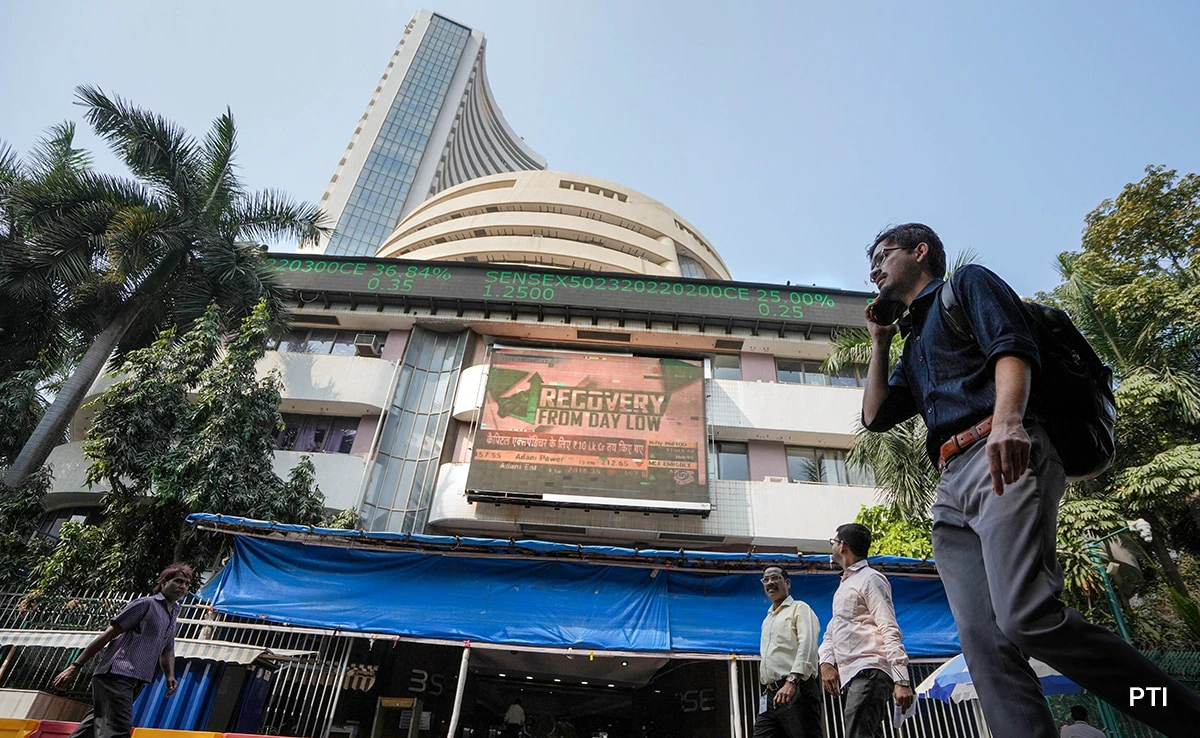The Indian stock market opened in the green on Thursday, a day after the Union government approved sweeping changes in the Goods and Services Tax (GST) system in a bid to lower the burden on common people and cushion the economic blow of the US tariffs on Indian products.
The Sensex was up by around 700 points, and was trading over 81,000 at around 9.30am.
Nifty rose by 156.65 points, trading at 24,871.70 around the same period.
On Wednesday evening, Union Finance Minister Nirmala Sitharaman announced a complete overhaul of the GST system that was launched in 2017, slashing duties on household essentials, medicines, small cars and appliances and affecting everything from toothpaste and insurance to tractors and cement.
The GST Council reduced the current four slabs – 5, 12, 18 and 28 per cent – to a two-rate structure of 5 per cent and 18 per cent. A special 40 per cent slab is, however, proposed for a select few items such as high-end cars, tobacco and cigarettes.
The new rates for all products, except pan masala, gutkha, cigarettes, chewing tobacco products like zarda, unmanufactured tobacco and bidi, will be effective September 22.
The positive momentum in the market on Thursday raised hopes for a strong pre-Diwali rally, with major indices opening sharply higher.
Experts said the present conditions are favourable for a bull run, and any further reduction in tariffs could help markets scale new all-time highs soon.
“We may take out the September 2024 all-time highs on the back of these positive triggers. The strong macro support of a multi-quarter high GDP, strong PMI readings, income tax cuts, government expenditure, rural demand backed by a robust monsoon, and underperforming markets with low expectations- – all meet at the same time. On top of all of this, the GST cut will boost consumption, formalisation and unleash festive cheer. If (US President Donald) Trump drops the punitive 25 per cent tariffs in addition, we may be setting up for a very remarkable Santa Claus rally for the Indian markets,” banking and market expert Ajay Bagga told news agency ANI.
Mr Bagga was referring to Mr Trump’s imposition of a 50% tariff on Indian goods. The US President had announced reciprocal tariffs of 25 per cent that came into effect on August 7, when tariffs on about 70 other nations also kicked-in.
On August 25, Mr Trump imposed an additional 25 per cent tariff on India over the latter’s purchase of Russian oil, bringing the total amount of levies imposed to 50 per cent.
